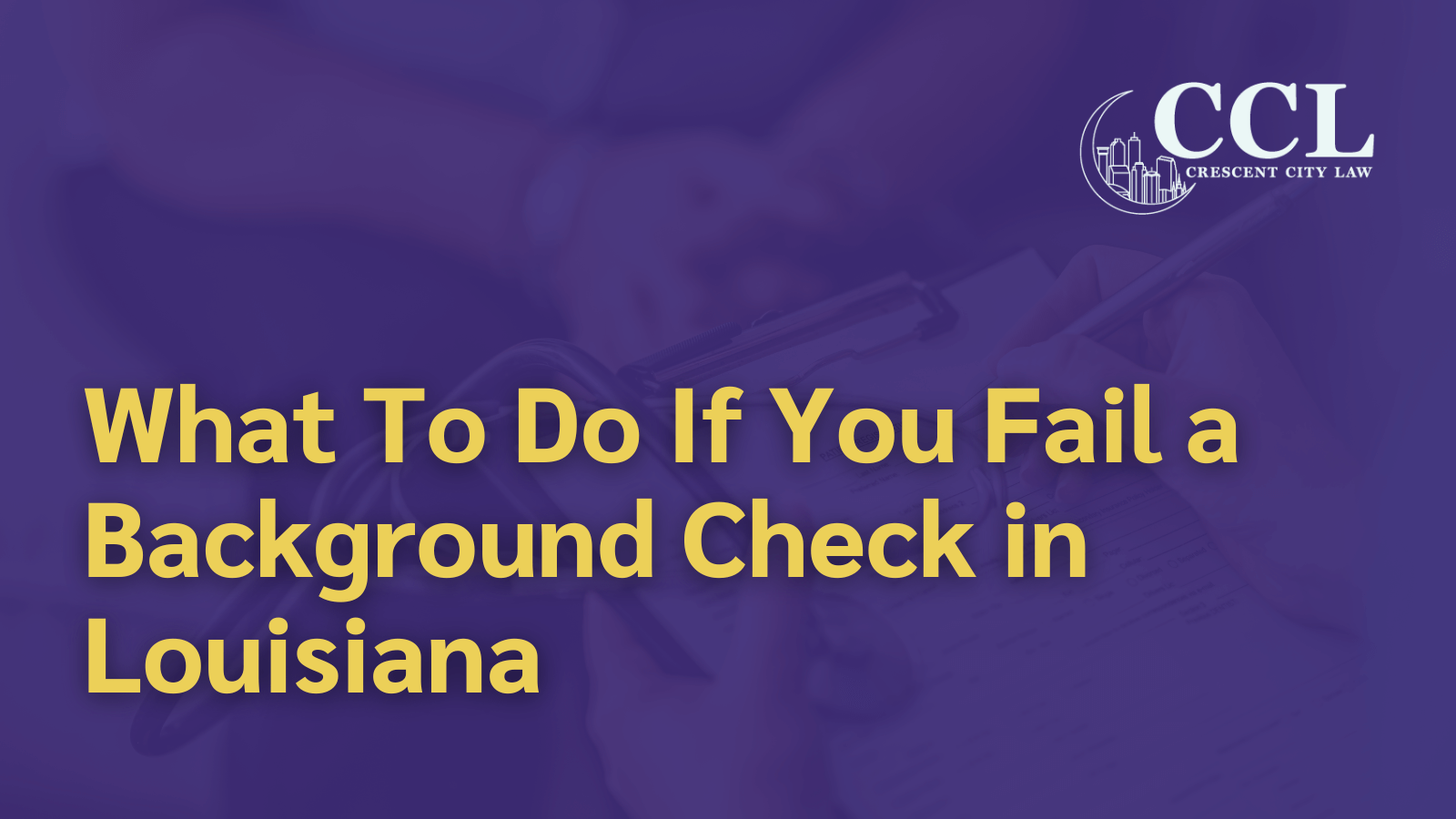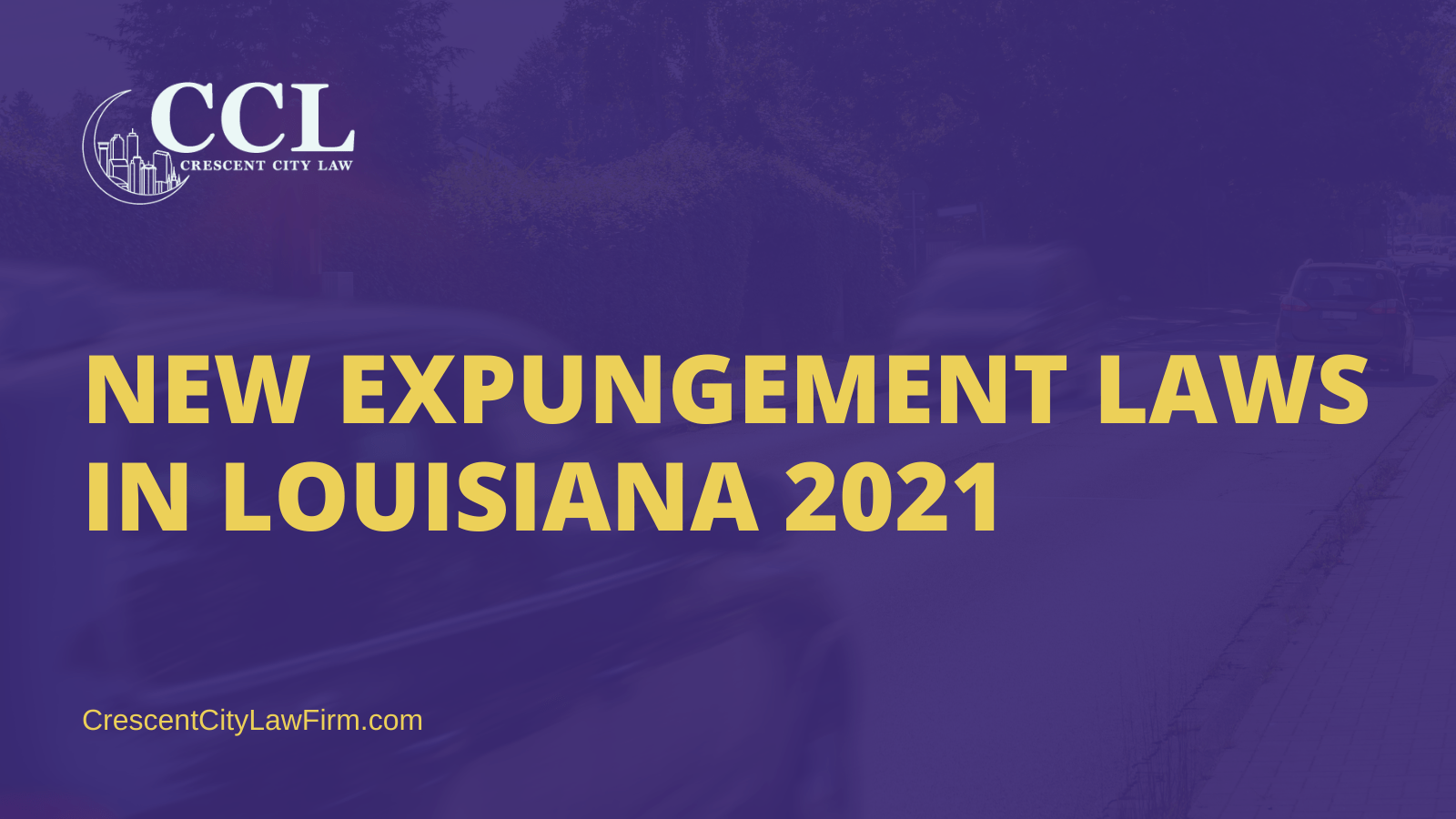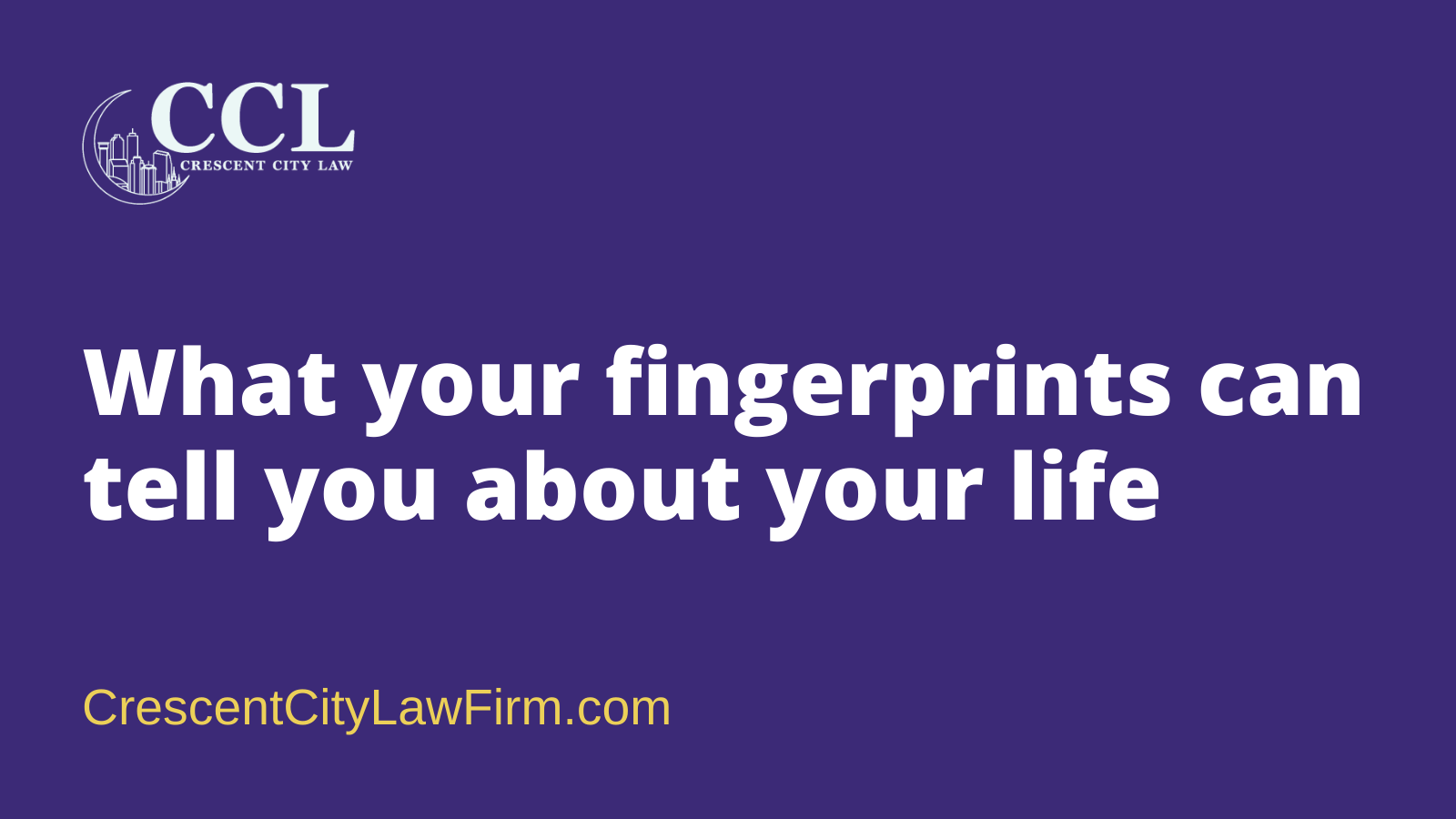The legal term expungement is the process of having a conviction removed from your public record. People who seek expungements are often dealing with the consequences of having a conviction in their past, either with employers, with the government, or in their social lives. Getting this conviction expunged from your record allows you to operate almost as though the conviction never happened, as only certain law enforcement organizations will still have access to your record.
Do you have a conviction in Louisiana that you would like removed from your record? It’s possible that you are eligible for expungement. However, the process for getting a conviction expunged can feel complicated, which is why it’s so important to secure a dedicated expungement attorney from the get-go.
Why do I need an expungement attorney?
A conviction will stay on your criminal record forever unless it is expunged, so a lawyer to help you through the process is your best chance at getting your conviction off your record. Expungement lawyers at Crescent City Law help ensure that no mistakes are made and your expungement process stays within the typical 4-6 months (in Louisiana).
Getting an expungement usually includes various forms the Court will need you to fill out. You’ll also need to obtain a background check conducted within 30 days of submitting your expungement application. You may or may not be scheduled for a hearing before a Judge, as well – something you’ll be much better prepared for if you have an experienced legal team at your back.
So while Louisiana law does not require you to retain an expungement attorney, the services provided by an attorney will make the process go much more smoothly.
What convictions can be expunged?
Many people are living with convictions that become barriers to their livelihood, including housing, education, employment, and benefits issues. Often, people don’t even realize that their convictions can be expunged. In Louisiana, even felony convictions can be expunged (for first time offenders who plead guilty under Article 893).
Some of the convictions that can be expunged in Louisiana include:
- Prostitution/Crimes Against Nature
- Theft and shoplifting
- Trespassing
- Assault and battery
- Disturbing the peace
- Property damage
- Possession of drugs OR possession with intent to distribute drugs
- Illegal carrying of weapons
- Flight from an officer
For a more complete list of convictions eligible for expungement, visit our Expungement Practice Page, or fill out our Expungement Form to hear from us directly.
How do I know if I qualify for expungement?
Even if your conviction is listed above, there are other qualifications that your situation should meet to qualify for expungement, too. People who were arrested but who were never charged, for example, can have this arrest expunged from their record.
These situations also qualify for expungement in Louisiana:
- Your conviction was overturned;
- Your case was dismissed;
- You were found not guilty by a jury;
- You were pardoned;
- You received a first offender pardon in the mail;
- You were convicted of a misdemeanor and plead guilty under Article 894;
- You were convicted of a felony and plead guilty under Article 893;
- You were under 18 when the crime was committed; etc.
It’s important to note that when you receive a ticket, summons, or citation to appear in court for a charge, this charge will show up on your arrest record. Just because you were not put into handcuffs or taken to the police station does not mean that your arrest record is clear. Any charge against you means that there is an arrest on your criminal history for that charge. These charges must be expunged if you want your record to be clear.
Fill out our (free) Expungement Form today
To determine if you’re eligible for expungement, fill out Crescent City Law’s expungement form today. You’ll fill out basic information, such as your conviction information and what happened with your case, as well as your contact information so our legal team can get in touch with you ASAP. For all further questions – including non-expungement-related questions – contact us for a free consultation today.






